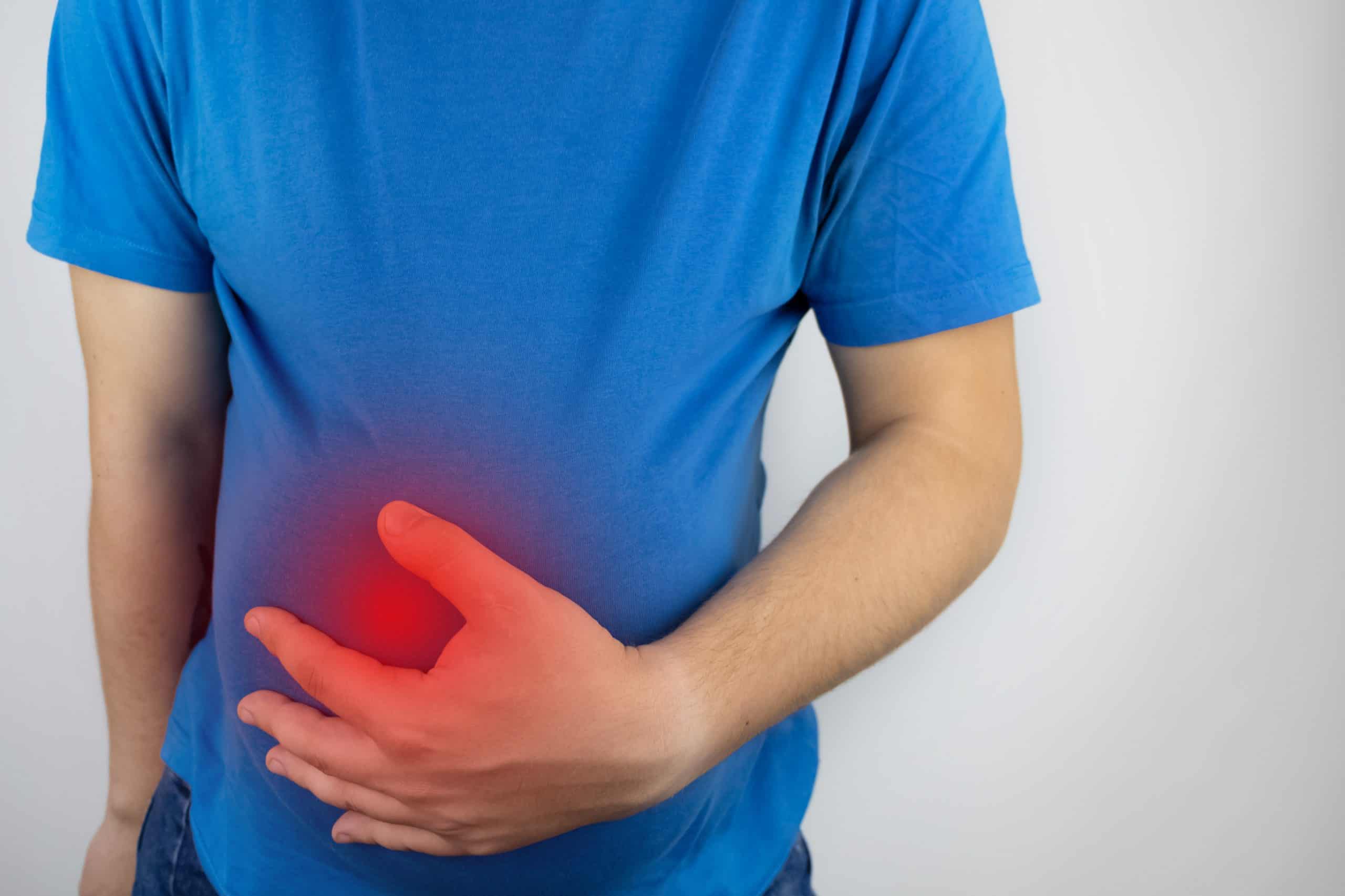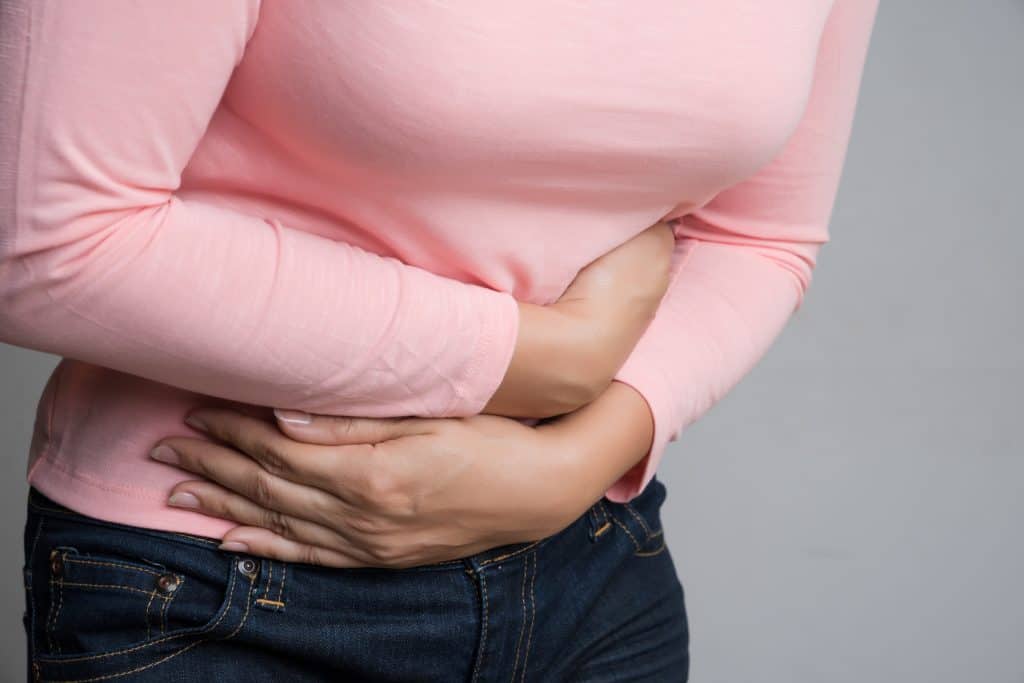How Long Does Bloating From Probiotics Last?

As an affiliate, we may earn a commission from qualifying purchases. We get commissions for purchases made through links on this website from Amazon and other third parties.
It’s not uncommon to experience bloating after taking probiotics. This is because the bacteria in the probiotic can cause an increase in gas production.
Bloating from probiotics can be extremely uncomfortable and last for several days.
The good news is that it will usually only last a few days and should go away on its own without any intervention necessary, but if you’re experiencing extreme discomfort from your bloating then there are some things you can do to help relieve yourself of this feeling.
How long does it take probiotics to get out of your system?
How long they will last depends on what type of bacteria is found in the probiotic you take. Some types of bacteria live up to several months or years before dying off.
This means that if you stop taking them after only a few days, there’s still a chance that some will remain alive and continue working inside your body! The longer you’re on probiotics, the more likely it is that most (if not all) of them will die off by the end and be excreted from your body.
Can too much probiotic cause bloating?
When it comes to probiotics, people are often tempted to take more than they need in the interest of achieving better health. However, this may not always be a good idea.
Case in point: when someone takes too many probiotics for long periods of time, they might experience bloating and gas production.
It is possible that some strains might not agree with your system well enough to produce noticeable benefits – but remember this is rare!
How long does bloating last after starting probiotics?
Bloating is a common side effect of taking probiotics. If you are experiencing bloating, it typically lasts for one to two weeks after starting the probiotic. The good news is that this side-effect goes away with time and usually subsides within four or five days.
There are even some tips to help ease your discomfort while you wait for the bloating to subside.
One way to relieve your discomfort may be by eating more high fiber foods which will also help improve digestion and reduce gas production in your intestines.
Some other suggestions include: drinking lots of water, staying hydrated, practicing deep breathing exercises, spending time outside in nature (especially if possible), and drinking ginger tea or peppermint tea (to soothe the stomach)

Will bloating from probiotics go away?
It is normal for some people to experience gas, abdominal distension, burping, or flatulence soon after starting a probiotic regimen.
This typically happens because the microbiome of your gut has been disrupted by antibiotics or other medications that alter the natural balance of bacteria in your stomach and intestines.
Some people may also notice an increase in gassiness as their body adjusts to increased levels of healthy gut flora from the probiotics.
In order for these changes to take place naturally, there needs to be enough good bacteria present and they need time and space (a healthy environment) so they can gradually adapt to the change in their routine.
How do you get rid of bloating from probiotics?
Bloating is a common side effect of using probiotics. There are many different strains and types to choose from, but some may be more likely to cause bloating than others.
If you find yourself getting bloated after taking probiotics, try these tips for relief:
- Drink lots of water throughout the day –
- Eat smaller meals at breakfast lunch and dinner time so your stomach isn’t as full during those times when it’s having to digest food that has just been ingested after eating a large meal. This will help reduce bloat and gas build-up in the digestive system.
- Avoid foods high in fat or sugar before bedtime as this can lead to increased fermentation processes which contribute to gas production overnight while we sleep.
Final thoughts
Probiotics are great for gut health, but how long do they stay in your system? The truth is that the bacteria present in probiotics will continue to live on in your intestines no matter how many you take.
Probiotic supplements can also help to replenish good bacteria after taking antibiotics. Antibiotics kill off bad and good bacteria alike, so it’s important to replenish the friendly flora as soon as possible after taking them.
However, it takes a while for the body to absorb probiotics properly – anywhere from two hours up to four weeks!
And if not enough of these “good” bacteria make their way into our digestive tract, we may experience unpleasant side effects like diarrhea or constipation which makes daily activities more difficult.
A quick reminder ..
Probiotics.tips aim to provide the most up-to-date information, help, and advice for YOU to make informed decisions. If you are unsure or uncertain and require more clarity, please reach out to us and we will gladly come back and advise you as best we can.
The best means to reach us is via email at info@probiotics.tips or fill out the form on our Contact Us page – click here.
Probiotics.tips
About Us
Our goal is to empower you with concise probiotic guidance for a healthier gut. With expert advice, we provide the knowledge to improve your well-being and navigate the world of probiotics efficiently, ensuring you achieve optimal gut health.
- Can You Take Probiotics While Water Fasting?
- Does Fasting Help Microbiome Diversity and Functionality?
- Does Fasting Help Your Bowels
- Does Fasting Help Probiotics? Understanding Gut Health Benefits
- Does Fasting Help the Gut: Understanding the Impact on Digestive Health
Disclaimer
As an affiliate, we may earn a commission from qualifying purchases. We get commissions for purchases made through links on this website from Amazon and other third parties.
Check these out on Amazon








